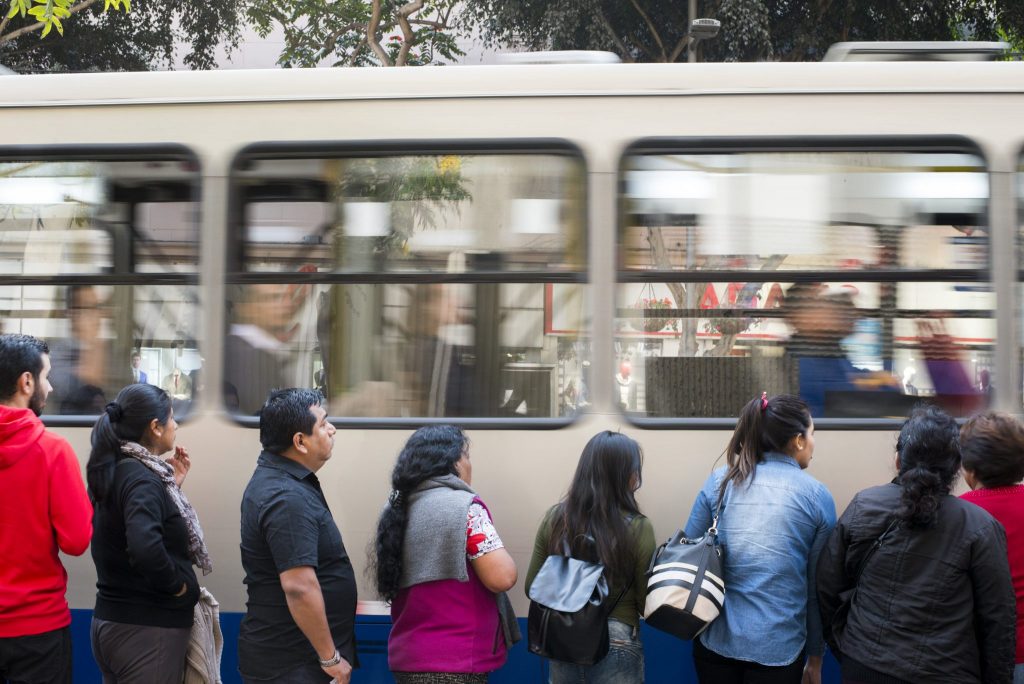
With the aim of reordering and integrating the urban public transport system of Lima and Callao, the Peruvian Congress created the Urban Transport Authority (ATU) on November 25th. The creation of this entity involves the merger of institutions that currently work in an isolated manner as ProTransporte, the Autonomous Authority of the Electric Train (AATE) and the transport management of the municipalities of Lima and Callao.
As part of the vision of an integrated transport system, the ATU will oversee the planning, management and control of transport services; the granting of authorizations and concessions; and will be responsible for the integrated fare collection system. The objective of having a single institution is to ensure that the city has sustainable, efficient, accessible, safe and environmentally clean transport services.
The ATU will have a board of directors composed of eight members, which must be installed within 60 days of the validity of the law regulations. Recently, the Ministry of Transport and Communications (MTC) has published a proposal for ATU’s regulation and is waiting, until the end of January, on comments from citizens, public and private sector institutions interested in contributing in this process. As such, this law’s regulation and the Regulation of Organization and Functions (ROF) of ATU are currently in development and should be ready in April this year.
International development cooperation has supported the work on ATU over the last couple of years. The GIZ TRANSfer Project funded by the German Federal Ministry for the Environment supported a feasibility study for ATU as early as 2016 and supported the design of the TRANSPeru NAMA to mitigate urban transport emissions in Peru, including ATU (see NAMA concept document). On behalf of the NAMA Facility, technical experts from GIZ supported the formalization of ATU which culminated in the official approval as an institution by the Peruvian congress and will continue to support the practical set-up of the new authority.

Helliot Levano